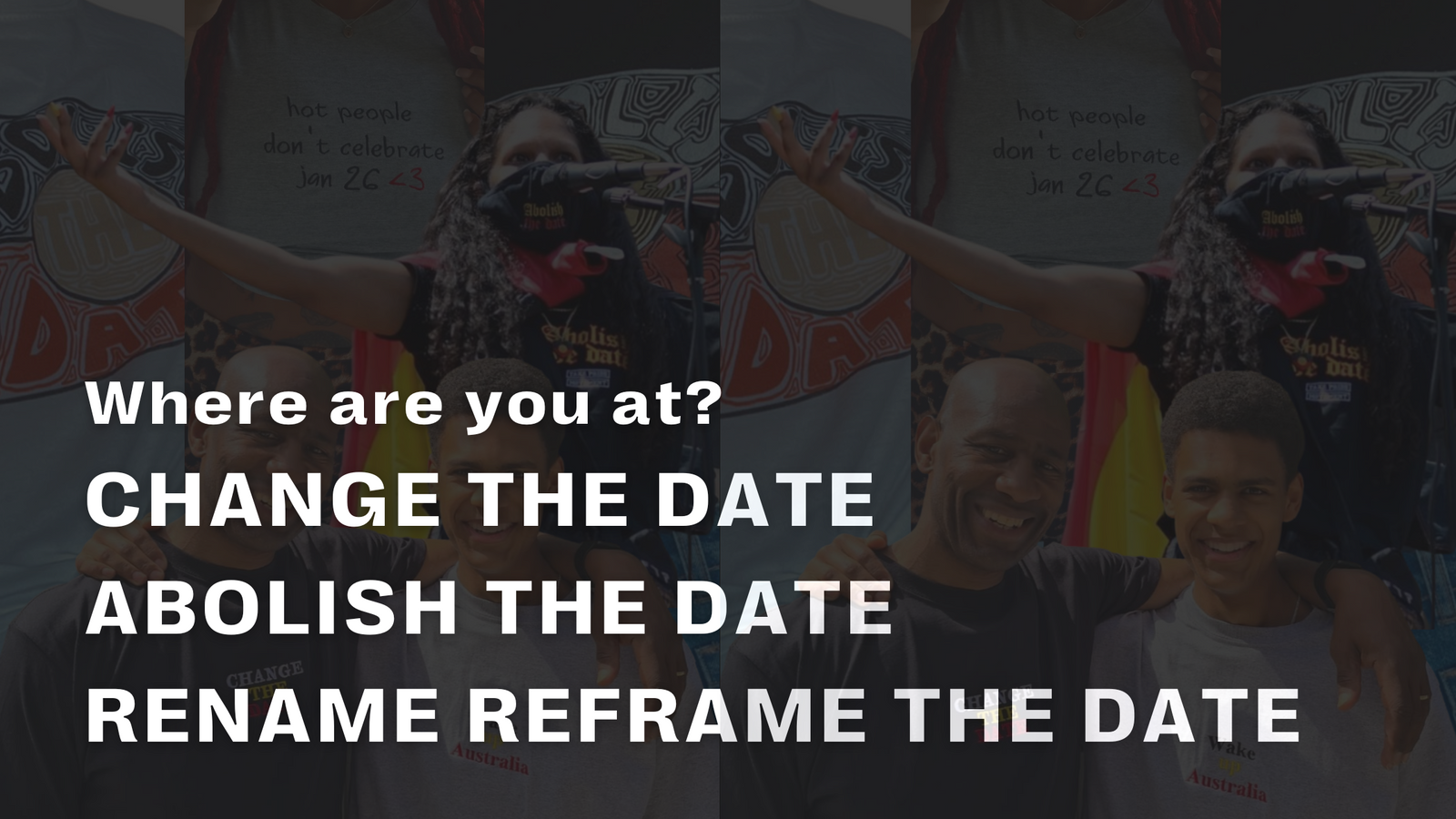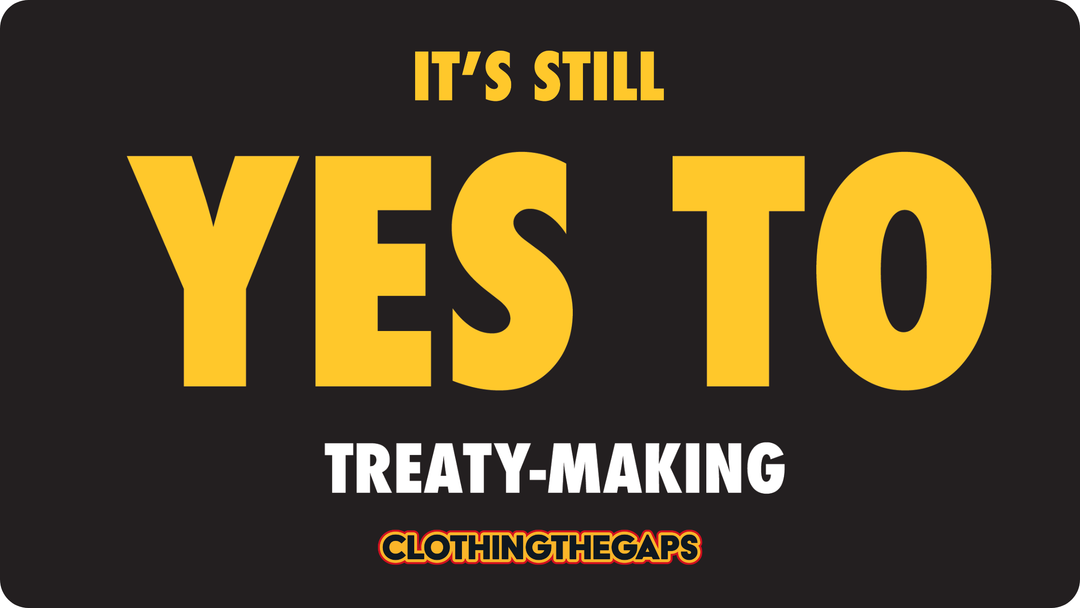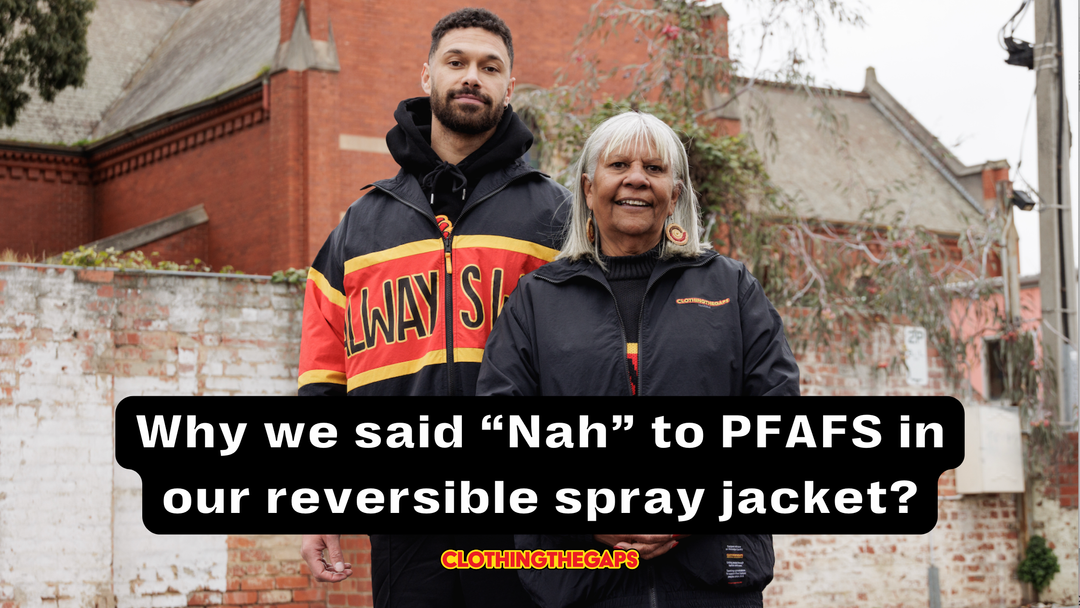Where are you at? Change the Date, Abolish the Date, Not A Date to Celebrate, Day of Mourning etc. etc.

The conversations we’re hearing in Community in response to the Jan 26 ‘Australia Day’ public holiday.
As January 26 draws near, the debate about 'Australia Day' continues to stir up important discussions among the public. Perspectives such as 'Change The Date,' 'Not a Date to Celebrate,' 'Abolish the Date,' 'Day of Mourning,' and treating it as 'Business as Usual' represent some of the varied views being expressed. These perspectives are often connected, overlapping, and continue to evolve over time.
We’ve attempted to capture these different mindsets, and we continue to see this debate grow as we move closer to the date. .
So, what's it all about and where are you at?

Supporters of 'Change The Date' argue that January 26 is an inappropriate day to celebrate because it marks the arrival of the First Fleet in 1788. For them, the date doesn’t reflect the diverse, multicultural Australia we have today. Advocates for 'Change the Date' believe that a shifting ‘Australia Day’ to another date would allow us to create a national holiday that all Australians can celebrate, fostering unity and belonging for everyone in this country.
They still want to celebrate Australia Day, but they believe the date should be one that First Nations people are happy with too, representing the shared values of a modern and inclusive nation.

Photo: Brands represented Koolang Moothang and The Minority Co.
Not a Date to Celebrate

The 'Not a Date to Celebrate' movement focuses on January 26th as a day that should never be celebrated. For First Nations peoples, this date represents the beginning of genocide, the invasion of Country, and the disruption of culture, language and communities. Supporters of this campaign are calling on leadership from the government to stop treating this day as a national celebration altogether, as it continues to harm First Nations peoples, perpetuating a history of pain and trauma.
Instead of focusing on changing the date, the 'Not a Date to Celebrate' movement insists that we should stop and never celebrate on January 26 and that wider consultation is required about what a day of national celebration looks like in the future, if at all.
We believe that national leadership must listen to the voices, feelings, and respect First Nations calls that celebrating on this day is offensive. Government must consult with Community about the future of a day of national celebration and the collective narrative about the country.

Photo: Brands Clothing The Gaps, Nardurna and The Minority Co.
The 'Abolish the Date' movement believes that changing the date of ‘Australia Day’ is not enough, as there is no appropriate date to celebrate this colony. They argue that such a gesture would be purely symbolic and would fail to address the ongoing systemic issues faced by First Nations peoples as a result of colonisation and invasion. With high rates of child removal, incarceration, deaths in custody, and poor health and education outcomes, supporters of this movement believe that a shift in the date will not bring about true justice. In their view, social justice, treaty, systemic reform and truth-telling must come before any celebration.
Australia is the only colonised nation that celebrates the anniversary of its own colonisation. As the rest of the world celebrates the end of colonial subjugation, Australia continues to celebrate its painful beginning.


Some Abolish Australia Day merch brands include: Arkie The Label, Take Pride Movement and Haus of Dizzy
In contrast to the push to 'celebrate' January 26, many are calling for this date to be recognised as a 'Day of Mourning.' This stems from the 1938 protest where Aboriginal people publicly gathered to call out the injustice of this day. Today, the call for 'Day of Mourning' acknowledges that for First Nations peoples, January 26 is a day of remembering the pain caused by the invasion and colonisation. With the rise of Dawn Services and the increasing recognition of Frontier Wars and massacres, many are calling for this day to be a time of reflection, truth-telling, and education.
January 26 day represents the opportunity to shift the focus from a celebratory event to one of critical reflection and healing, honouring the ongoing struggles of First Nations peoples since invasion.
Renaming January 26 to a 'Day of Mourning' is an important act of decolonisation. It would provide an opportunity to focus on the continued impacts of colonisation on First Nations people, acknowledge the ongoing trauma of this legacy, and educate the broader public about the violent history that has been ignored for too long.
Reclaiming the day for truth-telling and remembrance offers an opportunity to rethink the way we observe this date and begin healing process as a nation.
Business as Usual
Many who are disappointed by the lack of political action and leadership on this issue, have opted for a more personal approach: ‘business as usual.’ This mindset reflects a growing reluctance to engage with January 26 as 'Australia Day' at all. Instead of waiting for the government to act, people are choosing to treat the day as any other, going about their lives without the national holiday trappings.
This shift is being seen across industries, with businesses, sporting codes, and local councils increasingly choosing not to recognize the day in its earlier form. Some big corporations have stopped selling 'Australia Day' merchandise, avoiding all things related to the Australian flag or the words ‘Australia Day.’
Although we are seeing businesses backflip on these actions post-referendum, there is still a conscious effort to take back agency amidst the lack of government leadership, and not celebrate the day as a nation.
Many Perspectives
We’re certainly not the experts, nor do we have the answers, but we care about this causes, and we are committed to elevating the voices of Mob. These are reflections of conversations that we are seeing in Communities all over the country, and we want to continue to amplify these voices.
There will always be many perspectives when it comes to the best path forward in social change and justice for First Nations Communities – and sso there should be. We need different ideas and angles to engage and foster different conversations with different groups, at different points in time in society.
What’s most important is shifting the mindset of a majority of people to see that January 26 has a painful and harmful legacy in this country that cannot continued to be ignored. The more people that are a part of this conversation, the better.
We invite you to contribute your thoughts and ideas, as we continue to listen, learn, and advocate for meaningful change.
If you’d like to share your thoughts, please reach out to us at hello@clothingthegaps.com.au.
Clothing The Gaps Instagram Polls (Jan 12, 2022)
We asked the question: Where do your views align?
Change The Date, Abolish Australia Day, Rename and Reframe The Date or none of the above.

Over 500 Aboriginal and/or Torres Strait Islander people voted in the IG poll.
We asked the question: What do you call Australia Day?
Jan 26, Invasion Day, Survival Day or a Day of Mourning.
We created two polls for our Mob and non-Indigenous audience. There were approx. 600 votes in out Mob poll and around 2000 votes in our ally friendly poll.

Keep digging. Keep Learning.
Listen and Watch
- Change Australia Day to May 8, Maaaaate
- You Can’t Ask That: Indigenous Australian’s (ABC iView)
Read
- Should We Change the date of Australia Day?
- Why I no longer support #changethedate: Luke Pearson (Gamilaroi)- InidgenousX
- 8 things to know about Jan 26 Taneshia Atkinson (Yorta Yorta)











These are very true, change the date finna
Thank you. I have long held the belief that January 26th is not a day to celebrate. In fact for some of my life ‘Australia Day’ wasn’t even on the 26th to begin with and it’s only as an adult that this has been the narrative by mostly white Australia. However despite all that I still struggle with the correct way to frame these issues, how to explain it to others, how to not offend others with this, and also should I even be worried about offending other white people who believe in the patriotism of celebrating January 26th. It is especially difficult when many of our acknowledgements of service and community contribution are celebrated on this day, including citizenship ceremonies. I came here seeking answers and education and while I got a better insight I feel an answer to this is still further away. I hope we soon have a treaty, it’s been long talked about and I am strong supporter and ally advocate for that. I was once a ‘Change the date’ believer and while possibly that could eventually work, I don’t think abolishing it will ever happen but I do believe that we will get further with a rename and reframe. In the mean time I will keep educating and re-educating myself by letting First Nations, Aboriginal and Torres Strait people lead the way for how they envision authentic reconciliation and progress to created a united country.
Yes I’m with you all Australia’s first people.
Change the date. Let’s all get together and celebrate a real Australia. United and everyone cared for. First Nations people honored.
Hi everyone, as a white Australian I fully support us having a day that we can celebrate country together with peace and hope and pride. Until Australia’s first nation people are okay with that, then its up to the rest of us to work towards that. There needs to be a lot more listening to the elders and wise first nations mob. And for the white ones to hear and help when and where invited to. there’s no joy when half of Australia is in mourning.
Leave a comment